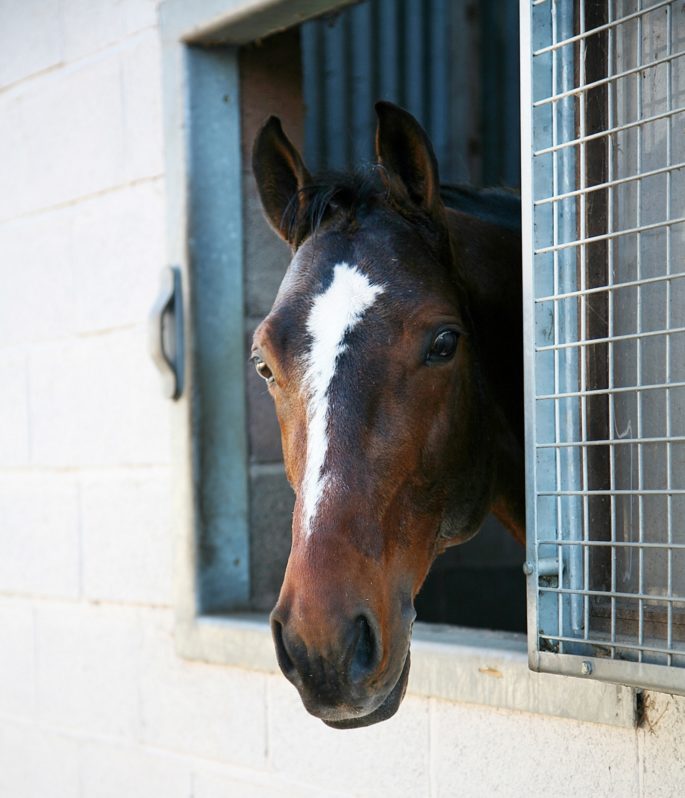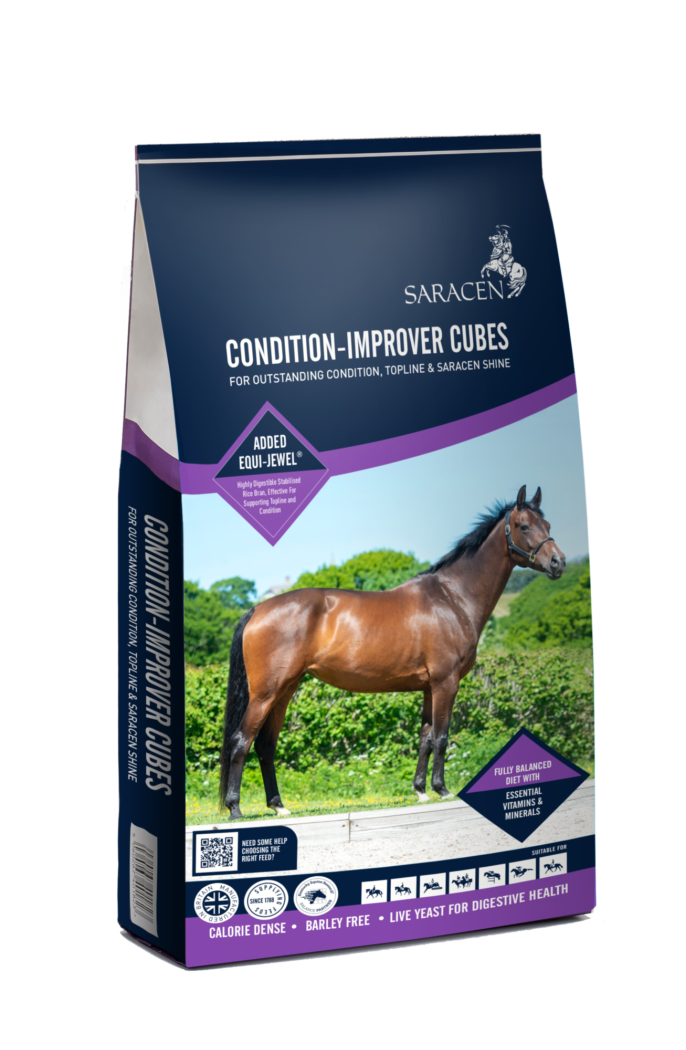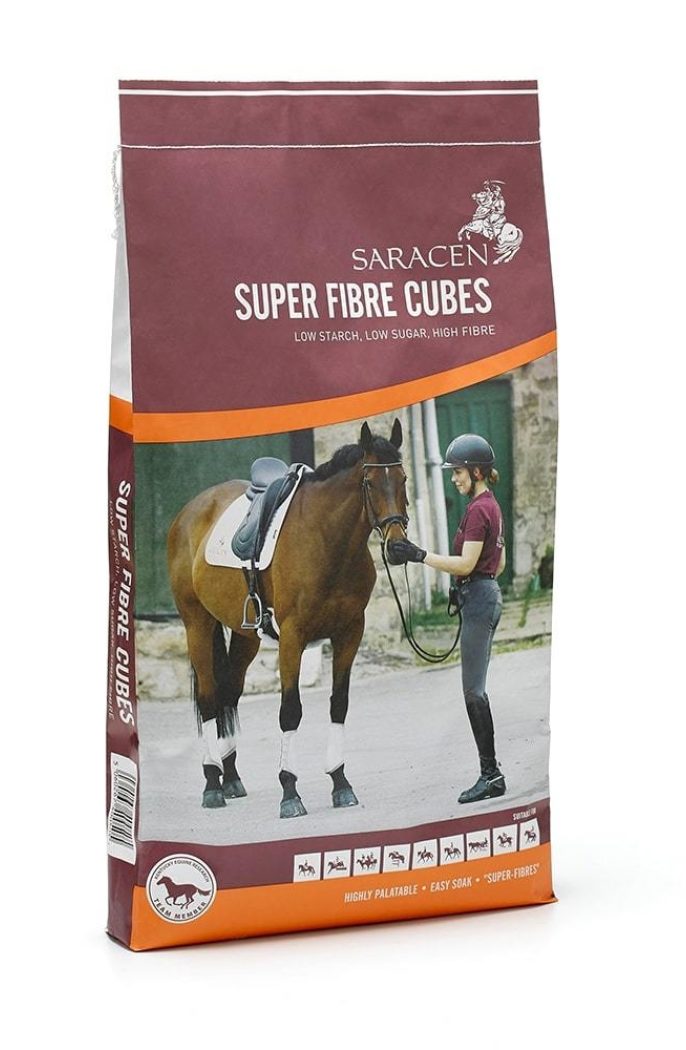Winter Feeding
Feeding horses during the winter months can pose a challenge for horse owners for a variety of different reasons.
Colder temperatures can impact on the amount of good quality grazing available, and a consequent reduction in turn out leading to increased periods being stabled can be inevitable. Forage should still form the basis of any horse or ponies’ diet, and ensuring that ample forage is provided will offer the horse many health benefits. Where possible, feeding ad-lib forage will ensure that the horse maintains good digestive health, and will also mean that their behavioural needs are met. Horses have a physical and physiological need to chew, and having access to a good supply of forage will meet this requirement, as well as alleviating boredom for those that are stabled for longer periods. In addition, due to the nature of the horse’s digestive system, forage also helps to act as an ‘internal radiator,’ and the fermentation of forage will help to keep the horse warm.

For horses that maintain their weight, the winter months can prove to be a helpful tool to allow horses to safely drop condition. For horses that have struggled to maintain optimum body condition, the reduction in grass and supplementation of their forage with a vitamin or mineral supplement can help to ensure excess weight is lost. For poor doers that are unlikely to maintain their weight on hay or grazing alone, feeding a concentrate feed alongside their forage will be required. The type of concentrate will depend on the individual needs of the horse, but feeds that contain ‘’super fibres,’’ such as beet pulp, soya hulls and alfalfa that are readily digested by the horse are a great way to increase the fibre content of the diet. Using feeds with higher oil levels can also increase the calorie density without the reliance on cereals or starch, which can sometimes cause ‘fizzy’ behaviours. For horses that are in work and that have higher energy (or calorie) requirements, providing a concentrate feed may also be required to ensure that they have sufficient energy to do the work that is required of them, as well as to maintain their body condition.
Older horses can potentially face different challenges in winter. The digestive system becomes less effective with age at efficiently using energy sources, and so if appropriate, changing feeds to higher-calorie, easily digestible rations can be required. In addition, dental issues may start to arise and so using a feed that can be soaked into a soft, palatable mash may be beneficial to help them to chew their feeds. For those that do struggle with long stem forage, providing partial hay replacers such as Super Fibre Cubes, chops or chaffs can provide a further source of fibre as well as helping to extend eating time.
In summary, forage should always form the basis of every horses diet in order to promote health and wellbeing, as well as providing calories for warmth and condition. For those needing additional calories for weight maintenance or to provide energy for the work they are doing, additional concentrate feeds can then be added to the ration based on the horse's individual requirements.


Download a PDF of this fact sheet for future reference.
Download nowFeed Advice Form
Complete our online form to receive a detailed nutritional plan for your horse or pony from one of our registered nutritionists.
Quick Feed Finder
Use our quick and easy feed finder as a guide to select the right feed for your horse or pony.












